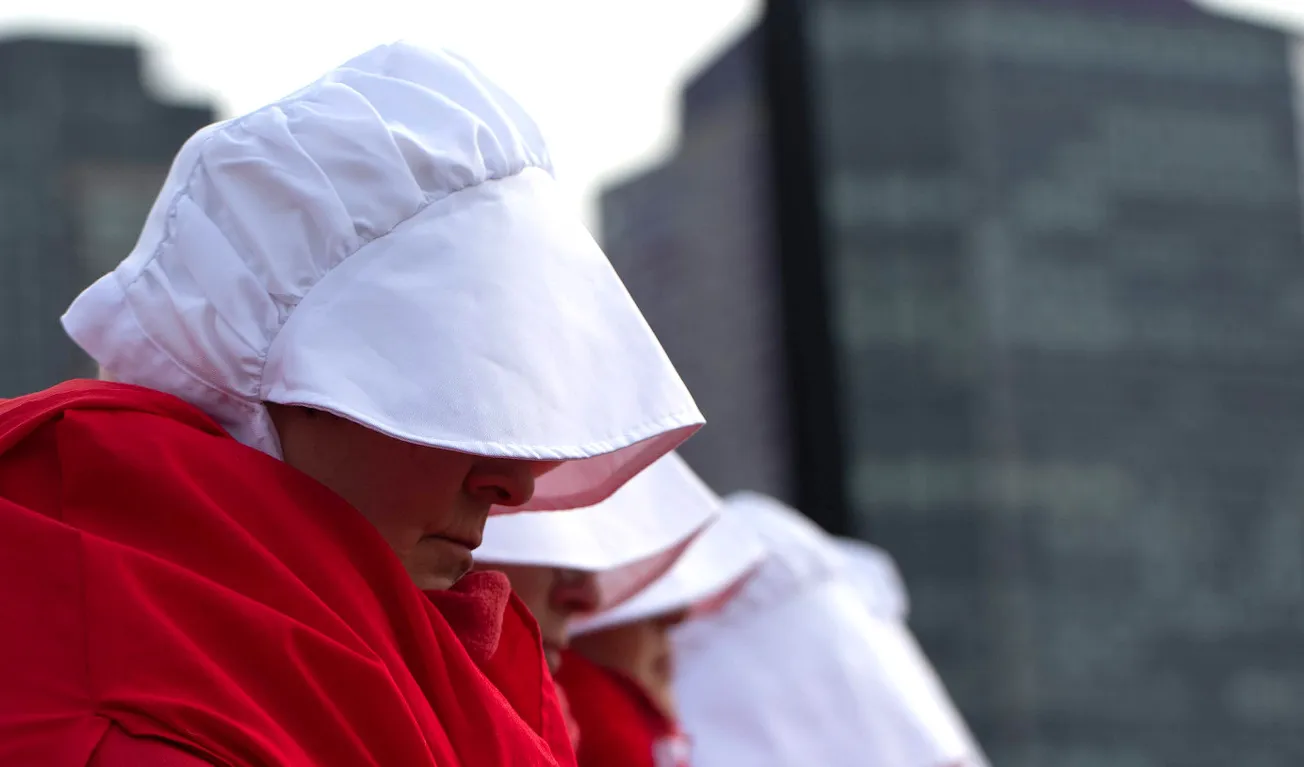“Nothing changes instantaneously: In a gradually heating bathtub you’d be boiled to death before you knew it.” — The Handmaid’s Tale by Margaret Atwood
After our editorial last Sunday discussing the ramifications if Roe v. Wade is overturned, several people commented along the lines of “that’s what birth control is for” or “as long as there are contraceptives, there’s no need to for abortions,” among other things.
The whole basis of Roe is the right to privacy: that the decision to carry a child is between a woman and her doctor, and she has the right to make that decision without interference. The ruling that guarantees access to contraception is based on the same right-to-privacy principle — actually, it established the right to privacy.
See where this is going?
If the U.S. Supreme Court determines the 14th Amendment can’t be used to declare unenumerated rights (rights not expressly written in the Constitution), then several of the freedoms modern Americans enjoy will go straight out the window. As Justice Samuel Alito wrote in his draft opinion: “[The Due Process Clause] has been held to guarantee some rights that are not mentioned in the Constitution, but any such right must be ‘deeply rooted in this Nation’s history and tradition’ and ‘implicit in the concept of ordered liberty.’ ”
Here are some of the cases decided on the 14th Amendment whose rights run contrary to the nation’s tradition:
- Brown v. Board of Education (1954) abolished segregation, based on the Equal Protection Clause.
- Griswold v. Connecticut (1965) established the “right to privacy” under the 14th Amendment’s Due Process Clause when the Supreme Court sided with a Planned Parenthood director who had counseled a married couple and given them birth control.
- Loving v. Virginia (1967) made interracial marriage legal. The Supreme Court “held that the Equal Protection Clause required strict scrutiny to apply to all race-based classifications,” according to the National Constitution Center, and Virginia’s law was blatantly racist.
- Lawrence v. Texas (2003) decriminalized “private homosexual acts” (Legal Information Institute’s words) based on the right to privacy.
- Obergefell v. Hodges (2015) legalized same-sex marriages, based on the Due Process Clause (“certain personal choices central to individual dignity and autonomy, including intimate choices that define personal identity and beliefs”) and the Equal Protection Clause, which “prohibits this unjustified infringement of the fundamental right to marry,” as written by Justice Anthony Kennedy.
See how insidious this draft ruling is? All it takes is one Supreme Court decision that declares the only protected rights are the ones spelled out explicitly in the Constitution, and many of the rights we now take for granted can so easily be undone.
When it comes to birth control and “morning after” pills (meant to block conception), states are already on the move in anticipation that Alito’s opinion will be the ruling of the court. When pressed, Mississippi Gov. Tate Reeves would not rule out banning contraception, and his state is the one leading the charge against women’s bodily autonomy. Some, like Idaho Rep. Brent Crane, are already focused on what it would take to ban morning-after pills and “abortion pills” (FDA-approved medication for pregnancies up to 11 weeks that mimics a miscarriage).
In Alito’s post-Roe world, there is no access to abortion for any reason, except when the mother’s life is in immediate danger (and maybe not even then), and there is no access to contraceptives to prevent pregnancy, and there may very well be no right to same-sex marriage or interracial marriage, or any number of unenumerated rights.
Before anyone accuses us of exaggerating, remember that three of the five justices named in Alito’s draft testified in front of Congress that Roe was settled law. And yet here we are.
The future of our real world is looking more and more like the fictional dystopia of The Handmaid’s Tale. And that should terrify us all.
--30--
Written by the editorial board of the Dominion Post of Morgantown, WVa. Cross-posted via AP Story Share.







